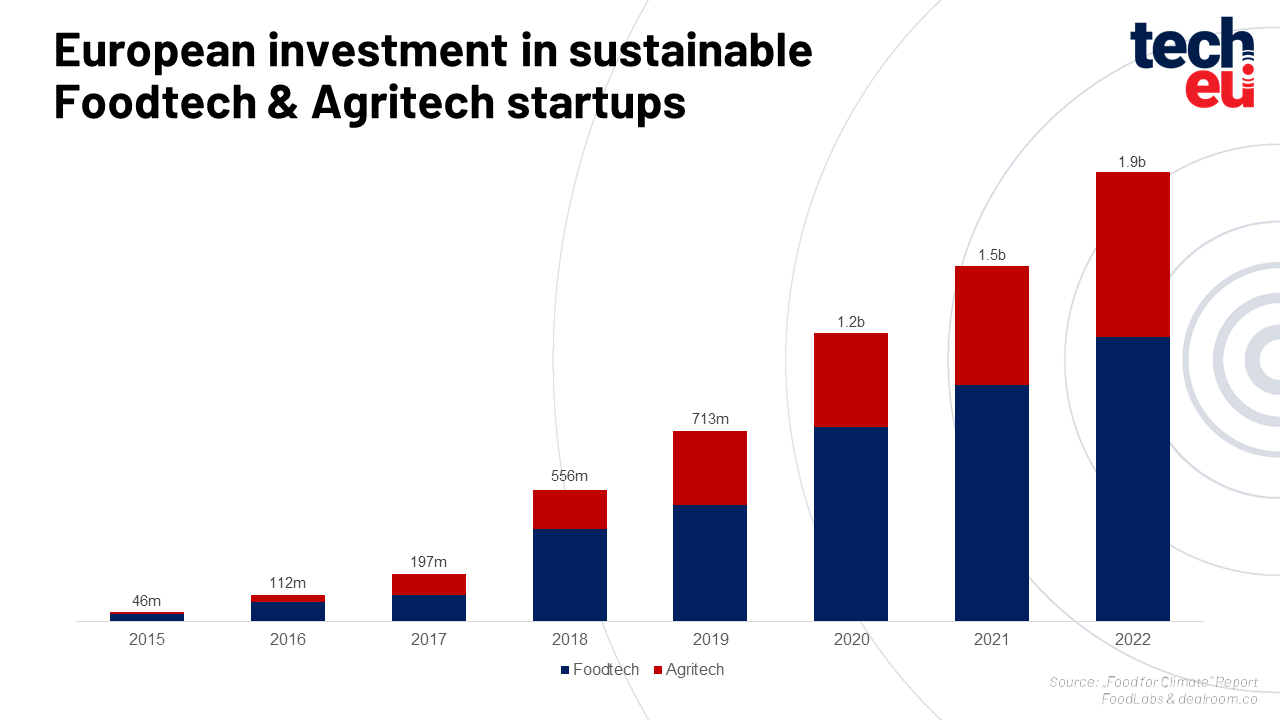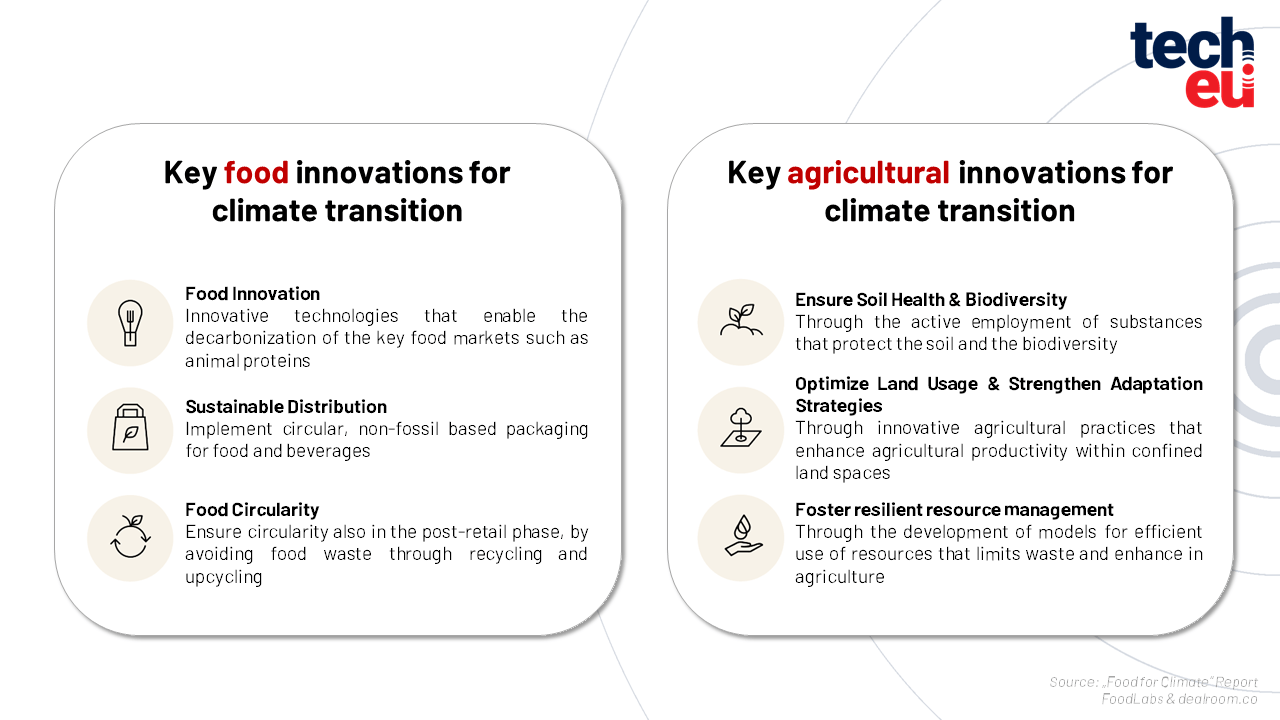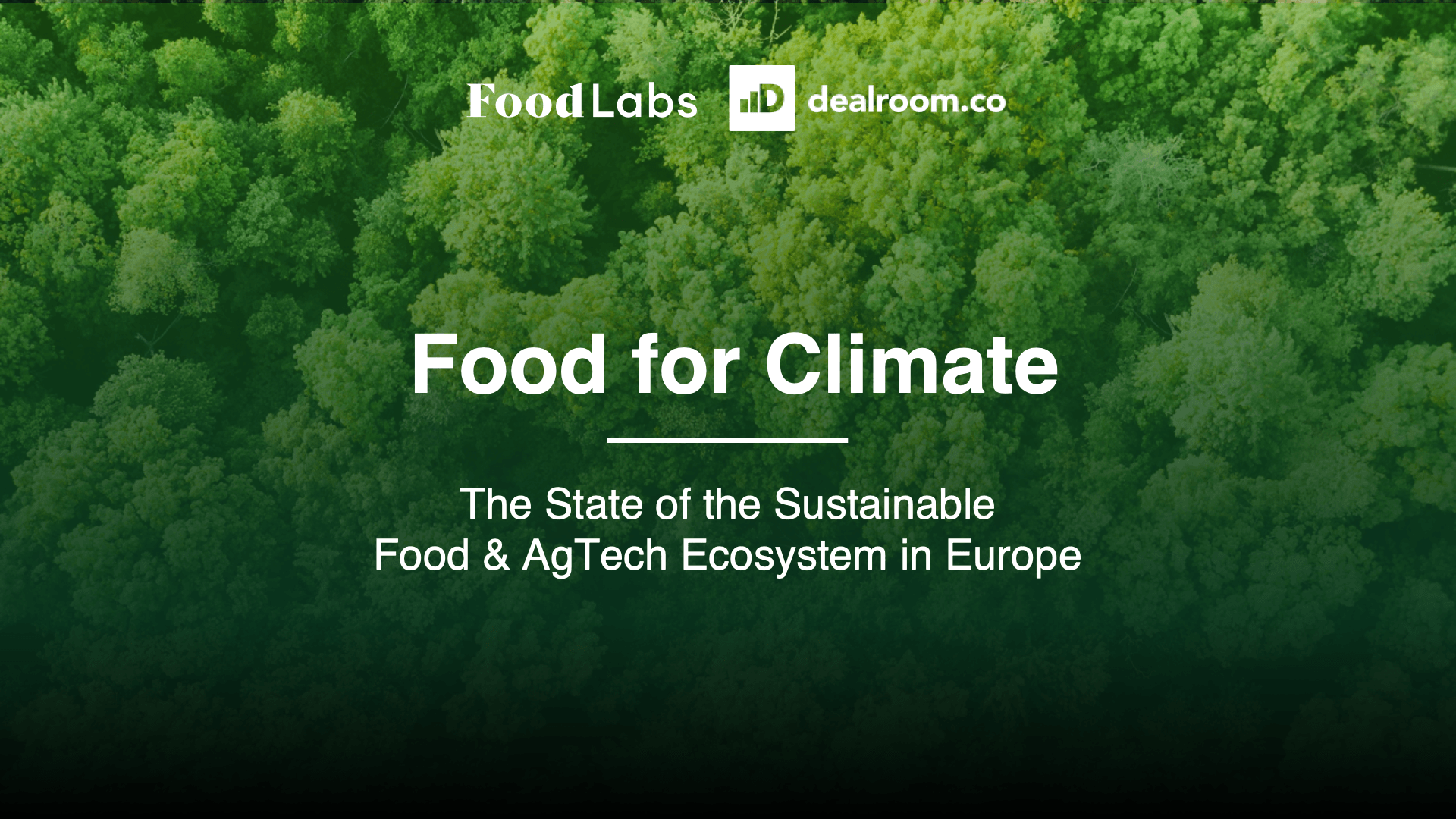Today’s environment is affected by a number of impacts that we have to face including political and financial instability and climate change and its impact on sustainability, to name just a few. These impacts have a significant influence on our food system, making it vulnerable, especially if we have in mind a food crisis that happened between 2008-2012.
As global populations increase, so does the need for food production but also the need to secure our food supply. According to the World Bank, the food security challenge will only become more difficult, as the world will need to produce about 70% more food by 2050 to feed an estimated 9 billion people.
If this wasn't enough to keep you up at night, the food sector is an unavoidable part of discussions concerning climate change, both in the public and private space (given that food production is based on the use of natural resources such as land and water, which also affects biodiversity and climate changes that may occur as a result of greenhouse gas emissions).
The report “Food for Climate” published by FoodLabs analysed the status of the European Foodtech & Climate startup scene by identifying over 340 startups across 16 segments that the sustainability of the food system put as an important vision in their work.
According to the report, 2022 was the most active year in this space. Climate-focused European Food & Agtech startups raised $1.9 billion in VC funding in 2022 which represents a 20% increase in VC funding, compared to the previous year.

Some of the most funded European FoodTech x Climate startups are Berlin-based food supply chain management platform Choco (in April 2022, the company raised $111 million in a Series B2 funding round joining the unicorn club), Lancashire-based online grocery service Modern Milkman (who raised £2.25 million in July 2022) and Swiss food tech Planted (they raised over €70 million to develop clean-label bio-structured meat in Series B also in 2022).
What are the key innovations?
Today, the global food system accounts for 30% of total greenhouse gas emissions. Over half of them are a result of livestock agriculture which uses 71% of arable land, consumes 10% of drinkable water, and causes 80% of deforestation. That means that not only production but also the food supply needs to change in order to meet 2050 targets.
Christophe F. Maire, Founding Partner at FoodLabs stated “As global warming threatens food security, the food industry plays a crucial role in climate change, it is essential to rethink our food systems, and FoodTech and AgTech are key to solving future challenges”.

According to the report, agritech startups, raised $516 million in 2022 and recorded a growth of 5%.
Due to climate change and shifts in natural resources (land, water, biodiversity), food production is declining. Wise investors are looking to innovative solutions and new technologies in the agritech industry to realise not only a financial return but long-term solutions aimed at facing these challenges.
Patrick Huber, General Partner at FoodLabs emphasises this point, “The upcoming decade is crucial in the fight against climate change, and transforming the food industry can greatly impact our chances of success. Startups can bring fundamental change and ensure a sustainable future for our planet”.



Would you like to write the first comment?
Login to post comments